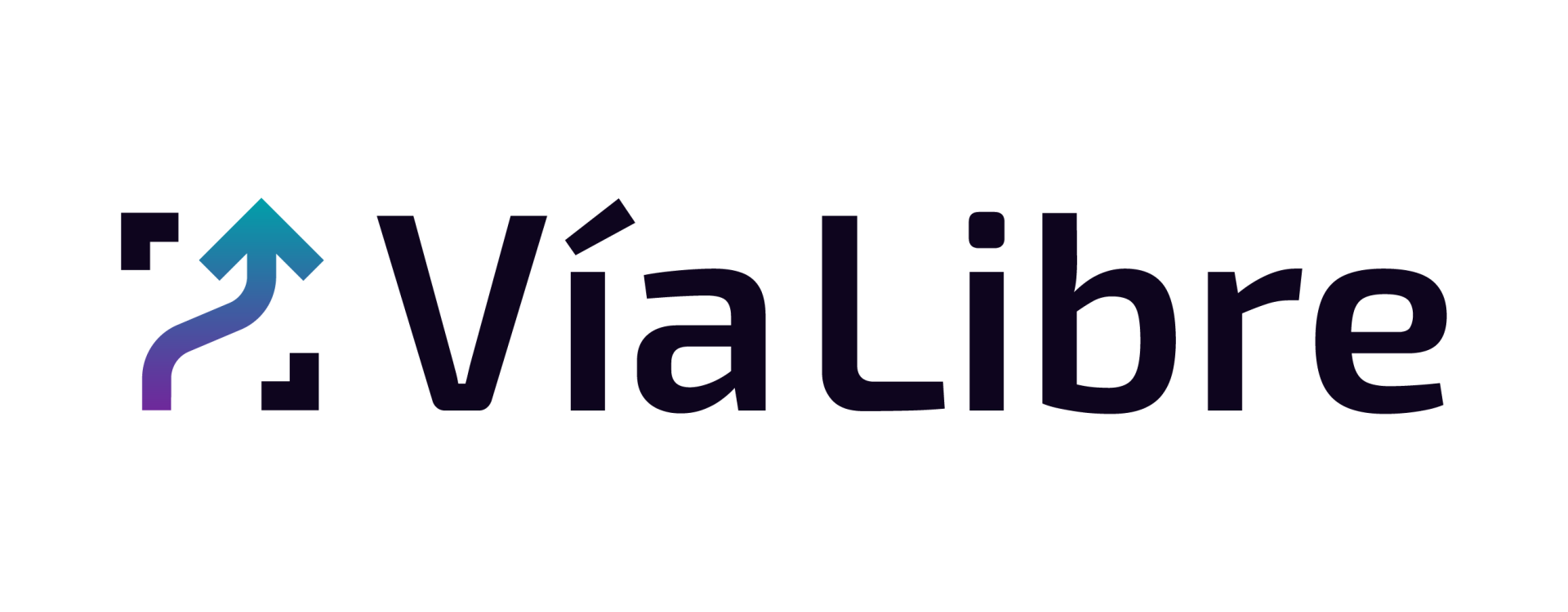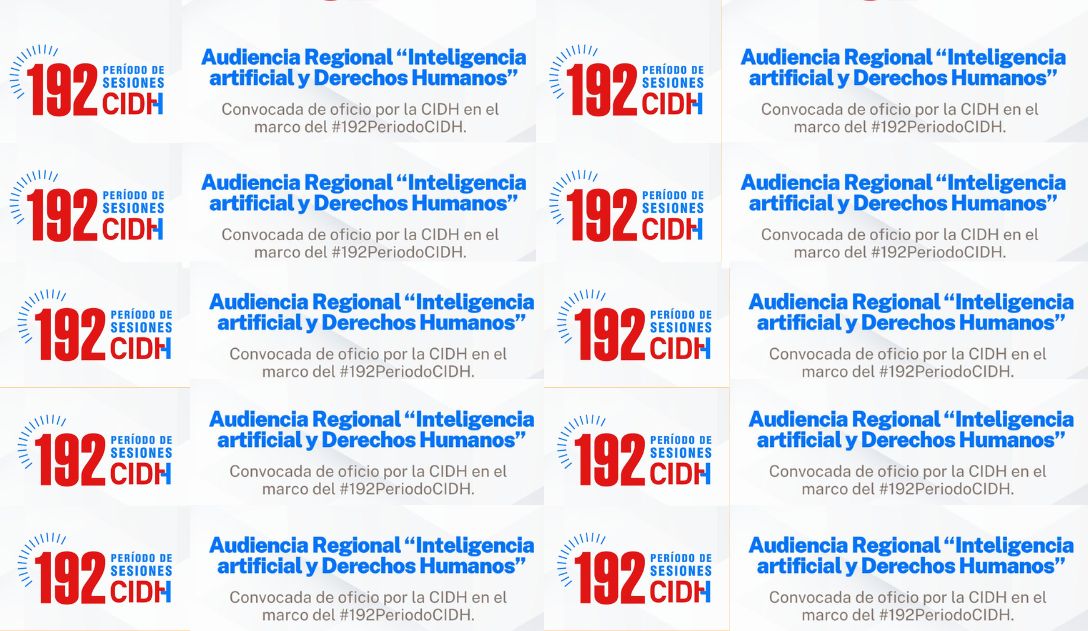On 7 March, we participated virtually in the regional thematic hearing ‘Artificial Intelligence and Human Rights’ organised by the Inter-American Commission on Human Rights (IACHR) with the intention of analysing the challenges that artificial intelligence (AI) presents for the exercise and guarantee of human rights.
Beatriz Busaniche spoke on behalf of the consortium between the Centro de Estudios Legales y Sociales (CELS), Democracia en Red (DER), Fundación Vía Libre and the Observatorio de Derecho Informático Argentino (ODIA), with the goal of expressing our concern about the use of surveillance technologies based on predictive algorithms by state actors to carry out surveillance and social control tasks, a situation that is invisible in the public and political debate. We are referring, for example, to recent decisions by the Ministry of Security and the Secretariat of Intelligence that incorporated technologies of this type into criminal and strategic intelligence tasks.
We are alarmed by the level of risk to fundamental rights such as privacy, data protection, freedom of expression and informational self-determination, especially insofar as it ends up criminalising dissent. These violations are aggravated by processes without public discussion, which naturalise the incorporation of these tools as something intrinsically positive. In Argentina, there is no adequate legislation to regulate the incorporation of AI in these tasks, no evaluation and accountability mechanisms are foreseen and, due to the secrecy that usually surrounds these processes at the state and commercial level, it is not possible to carry out an analysis of their impact on rights. Given that these trends related to surveillance put everyone at risk, we call on the IACHR to:
- Incorporate this issue in its agenda of urgent problems related to the spread of AI in the different spheres of social practice
- Produce specific reports to consolidate the diagnosis of this problem at the regional level.
- Develop recommendations for States on the need to regulate, evaluate and control these technologies, in accordance with human rights standards and civil society participation.
You can see our full presentation here:
In addition, we participated as members of the Latin American Feminist Artificial Intelligence Research Network (Red Feminista de Investigación en Inteligencia Artificial Nodo Latinoamerica) where Patricia Peña presented, among other topics, the cases where AI can be a tool for equity if intersectional, community and human rights approaches are incorporated. Among those cases, she mentioned our initiative EDIA: Stereotypes and Discrimination in Artificial Intelligence, a project that aims to involve more people in the evaluation of artificial intelligence technologies such as language models.
As a follow-up, materials, documentation, resources and information of interest developed by the participating organisations will be sent so that the various members of the Commission can access relevant information, resolve doubts, address the aforementioned issues and develop relevant recommendations for the region.
Full record of the hearing available on the IACHR website https://www.oas.org/es/cidh/sesiones/audiencia.asp?Hearing=3827
About IACHR hearings
The purpose of the general hearings is to receive information on the human rights situation with respect to specific themes or issues in specific countries or in the region, as well as to issue recommendations for the respect and enjoyment of human rights. The Commissioner presiding over the hearing assigns speaking time and notifies the parties at the beginning of the hearing. As a rule, the party requesting the hearing (civil society or the State) is given the floor first. In ex officio hearings, civil society is given the floor first.
Civil Society Organisations that participated in the session
Article 19 Mexico and Central America Office
Human Rights Centre, Faculty of Law U. of Chile
Centro de Estudios en Derecho, Tecnología y Sociedad (Centre for the Study of Law, Technology and Society)
Centre for Legal and Social Studies (CELS)
Democracia en Red
Digital Rights
Fundación Vía Libre
International Center for Not-for-Profit Law (ICNL)
Observatorio de Derecho Informático Argentino (ODIA)
Pontifical Catholic University of Rio Grande do Sul (PUCRS)
Red en Defensa de los Derechos Digitales, Mexico (R3D)
Red Feminista de Investigación en Inteligencia Artificial Nodo Latinoamerica (Feminist Artificial Intelligence Research Network Latin American Node)

